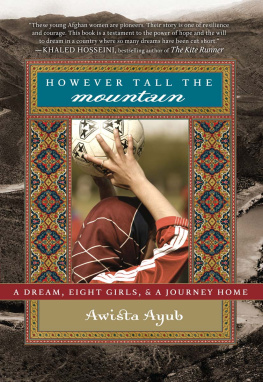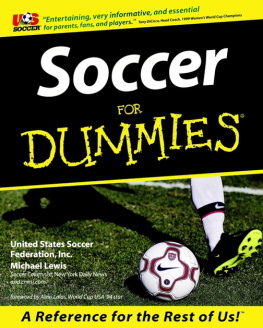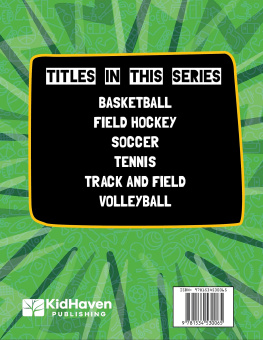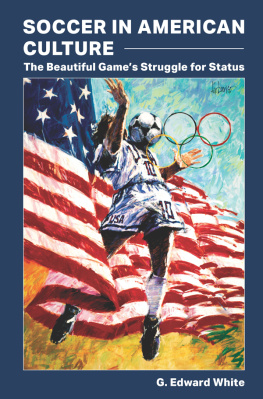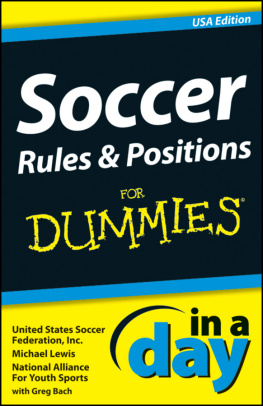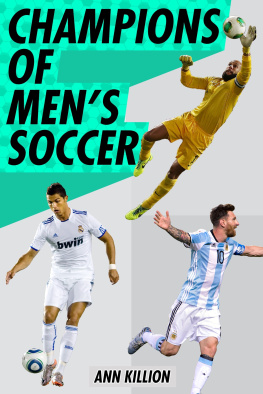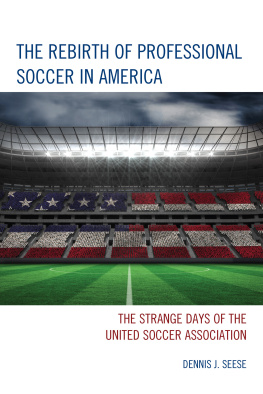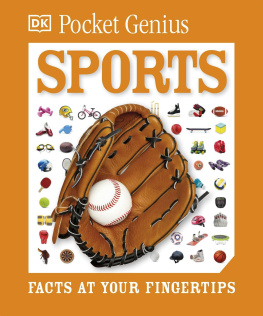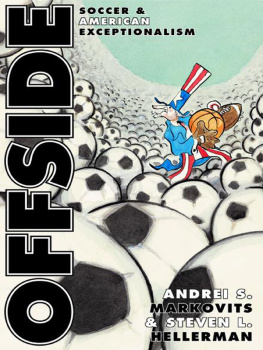COMMUNICATION, SPORT AND DISABILITY
Interdisciplinary Disability Studies
Series Editor:
Mark Sherry, The University of Toledo, USA
Disability studies has made great strides in exploring power and the body. This series extends the interdisciplinary dialogue between disability studies and other fields by asking how disability studies can influence a particular field. It will show how a deep engagement with disability studies changes our understanding of the following fields: sociology, literary studies, gender studies, bioethics, social work, law, education, and history. This ground-breaking series identifies both the practical and theoretical implications of such an interdisciplinary dialogue and challenges people in disability studies as well as other disciplinary fields to critically reflect on their professional praxis in terms of theory, practice, and methods.
Other titles in the series
Disability, Human Rights and the Limits of Humanitarianism
Edited by Michael Gill and Cathy J. Schlund-Vials
Disability and Social Movements
Australian Perspectives
Rachel Carling-Jenkins
Disability and Discourse Analysis
Jan Grue
Youth and Disability
A Challenge to Mr Reasonable
Jenny Slater
Forthcoming titles in the series
Disability and Qualitative Inquiry
Methods for Rethinking an Ableist World
Edited by Ronald J. Berger and Laura S. Lorenz
Hearing Impairment and Hearing Disability
Towards a Paradigm Change in Hearing Services
Edited by Anthony Hogan and Rebecca Philips
Communication, Sport and Disability
The Case of Power Soccer
MICHAEL S. JEFFRESS
The University of the West Indies, Trinidad and Tobago
First published 2015 by Ashgate Publishing
Published 2016 by Routledge
2 Park Square, Milton Park, Abingdon, Oxon OX14 4RN
711 Third Avenue, New York, NY 10017, USA
Routledge is an imprint of the Taylor & Francis Group, an informa business
Copyright 2015 Michael S. Jeffress
Michael S. Jeffress has asserted his right under the Copyright, Designs and Patents Act, 1988, to be identified as the author of this work.
All rights reserved. No part of this book may be reprinted or reproduced or utilised in any form or by any electronic, mechanical, or other means, now known or hereafter invented, including photocopying and recording, or in any information storage or retrieval system, without permission in writing from the publishers.
Notice:
Product or corporate names may be trademarks or registered trademarks, and are used only for identification and explanation without intent to infringe.
British Library Cataloguing in Publication Data
A catalogue record for this book is available from the British Library.
The Library of Congress Cataloging-in-Publication Data has been applied for
ISBN 9781472448200 (hbk)
With much love and gratitude this book is dedicated to the memories of power soccer athletes Dakotah Smith, Mike Lamon and Ryan Jeffress. Dakotah was an elite power soccer athlete and had even begun coaching prior to her untimely death. She was a role model to other athletes, and no one better exemplified the benefits of being involved in the sport of power soccer than she did. Mike was my sons teammate on the Tidewater Piranhas and a person of quiet strength. He taught us all a valuable lesson in sportsmanship when he once agreed to put on another teams jersey and play for them so that they would not have to forfeit the game. Ryan was my son and had recently helped me to establish a new power soccer team in Louisiana. The only things he loved more than power soccer were his family and friends. I miss him dearly and will continue to promote power soccer because I know how much it meant to him.
Image Courtesy Jerry Frick 2015
Dakotah Smith
(June 5, 1985March 20, 2013)
I am someone who believes that everything happens for a reason, and I know that my involvement with the sport is meant to be. My life and time was destined to be guided by my involvement.
Image Courtesy Ed Lamon 2015
Mike Lamon
(October 16, 1986January 27, 2015)
It makes me feel proud of myself that I can actually play soccer, because my handicap just doesnt get in my way One of my dreams in soccer is to be like the next Dave Beckham in a powerchair.
Image Courtesy Michael Jeffress 2015
Ryan Jeffress
(April 23, 1993November 27, 2013)
Sometimes I wish I was able to walk, but then I realized I wouldnt be able to play power soccer and meet all these awesome friends and teammates. Power soccer has impacted my life by showing me one reason why God has put me on this earth in a wheelchair.
Contents
List of Figures
Preface
On the eve of his 13th birthday, Isaac, who navigates through life in a motorized wheelchair (powerchair) because of Duchenne muscular dystrophy, told me: Its really cool to know that you can be on a team with other people in chairs Its just cool to see all these wheelchairs and its pretty cool to get to know those people who have disabilities like you do. Isaac was one of my sons teammates and was referring to his participation in the sport of power soccer. I have been involved in the sport as the parent of an athlete and a researcher since 2006. In 2010, I began the work of forming and coaching a new power soccer team that continues today.
This book brings readers to the intersection of sports and disability in America, which for powerchair users has too long been located on the boulevard of broken dreams. Power soccer is the first competitive team sport to be created for people with physical disabilities that necessitate the use of a powerchair for independent mobility. Prior to its existence, there simply was no opportunity for tens of thousands of powerchair users to compete in a team sport. Many still do not know about the sport or have a regional team to join.
Power soccer is an adapted form of the sport with the same basic concept and rules. The difference is that the athletes are in powerchairs, the field and teams are smaller, and the ball is larger. Teams of four compete against each other, attempting to score goals at either end of a basketball court. The athletes strike the ball with foot guards attached to the base of their chairs. They combine a variety of spin moves, speed levels, angles, torque, and finesse to move the ball up and down the field of play. In my interviews, athletes often compared power soccer to the able-bodied sport after which it is patterned. The first time I asked Ryan, on the record, to describe the sport of power soccer to me, he compared it to soccer, but then he added, Its a little harder because the fields shorter, and you have four wheelchairs that are big, and have an oversized ball, and the goals a little smaller, and you can crash and stuff.


